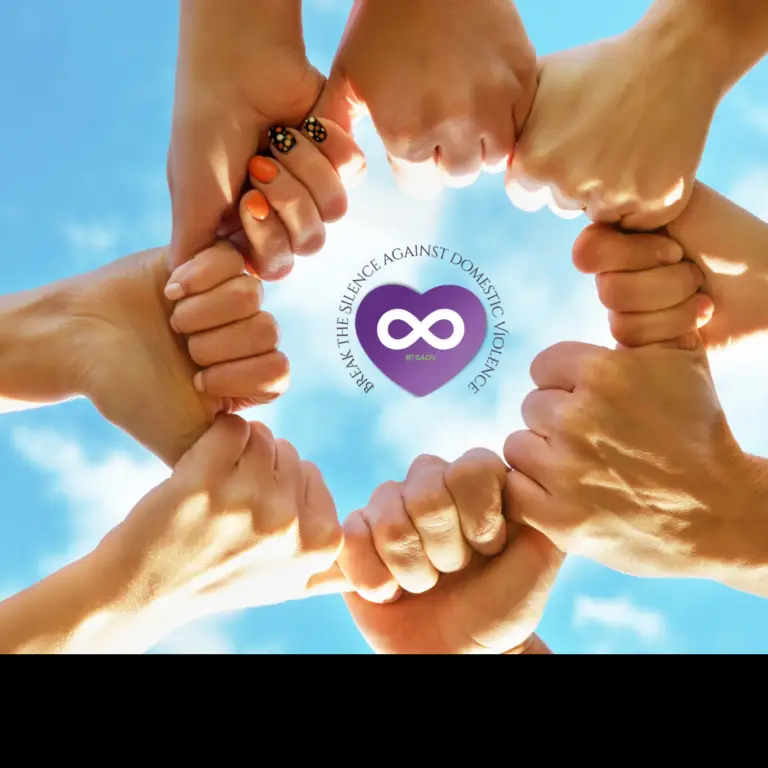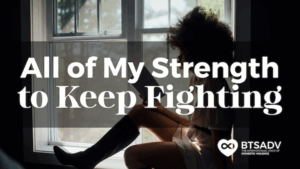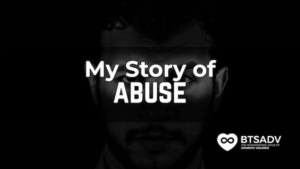By Mikayla Shave
Making friends as an adult can be daunting, especially after leaving an abusive relationship. At Btsadv, we understand the emotional complexities that accompany this transition. While children effortlessly form friendships during a game of tag, adults often carry the weight of past trauma, pain, and distrust.
The Importance of Friendship in Healing
Friendships are not just a source of lighthearted moments or silly Instagram videos; they play a crucial role in our overall well-being. Research shows that strong social connections can significantly improve health outcomes, reducing the risk of depression and high blood pressure. This is particularly vital for survivors of abuse, who may feel isolated and vulnerable without a support system. Friends provide a necessary buffer against the manipulative tactics of abusers, helping to counteract harmful narratives and fostering a sense of belonging.
Navigating the Emotional Landscape
The emotional rollercoaster following an abusive relationship can leave individuals feeling strong one day and overwhelmed the next. It’s essential to recognize that all these feelings are normal. Rather than facing these challenges alone, building a network of supportive friends can offer encouragement and validation during the healing process.
Healthy friendships are built on understanding and mutual respect. Survivors should never feel pressured to share their trauma; good friends will honor boundaries and create a safe space for open dialogue, if and when the survivor is ready.
Setting Healthy Boundaries
Establishing boundaries is crucial in forming new friendships. Survivors often worry about having to prove their experiences, but it’s important to understand that sharing should always be on their terms. New friends should not exhibit “red flags,” such as pressuring someone to divulge painful experiences. Instead, they should support the survivor in setting their own pace.
Research indicates that friendships offer three forms of social support:
- Emotional Support: Acceptance, sympathy, affection, and encouragement.
- Instrumental Support: Practical help, including financial assistance or services.
- Informational Support: Guidance and advice that can empower survivors in their recovery journey.
Through these forms of support, friendships can help restore a survivor’s self-image, leading to a healthier, more balanced life.
The Long-Term Benefits of Friendship
The impact of friendships extends beyond emotional support; they play a critical role in our physical health. Studies show that strong social connections can lower stress levels, improve cardiovascular health, and even influence our perceptions—like how steep a hill feels when hiking with a friend.
Furthermore, the lessons learned from healthy friendships can positively influence future romantic relationships. By understanding healthy boundaries and recognizing red flags, survivors can make informed decisions, reducing the risk of repeating harmful patterns.
Conclusion
At Btsadv, we believe in the power of friendship as a vital component of healing after abuse. By fostering social connections and promoting healthy boundaries, survivors can embark on a journey toward emotional resilience and lasting well-being.
Encouraging platonic connections in all areas of life—be it in schools, workplaces, or community spaces—can create a more supportive society for everyone. Remember, healing is a collective journey, and you don’t have to do it alone.
By prioritizing friendships, you empower yourself on the path to recovery. Let’s embrace the journey together.
#Friendship #Healing #DomesticViolence #SupportSystem #MentalHealth #Boundaries #SurvivorSupport
Sources:
Abrams, Z. (2023, June 1). The science of why friendships keep us healthy. American
Psychological Association. https://www.apa.org/monitor/2023/06/cover-story-science-
friendship
Mandriota, M. (2021, September 8). How to Heal After an Abusive Relationship. Psych
Central; Psych Central. https://psychcentral.com/health/how-to-heal-after-an-abusive-
relationship
Pezirkianidis, C., Galanaki, E., Raftopoulou, G., Moraitou, D., & Stalikas, A. (2023).
Adult friendship and wellbeing: A systematic review with practical implications. Frontiers
in Psychology, 14(14). https://doi.org/10.3389/fpsyg.2023.1059057



